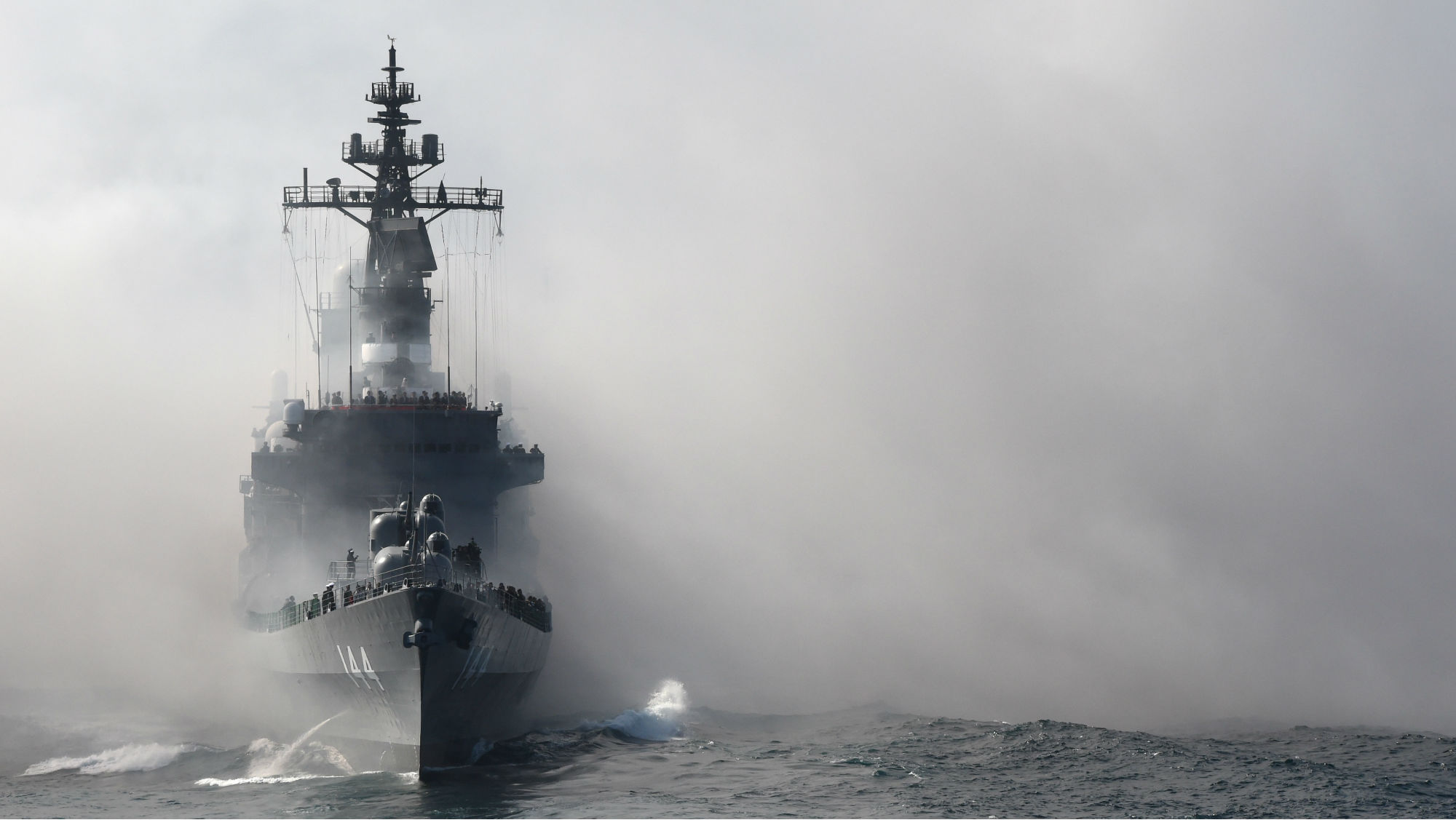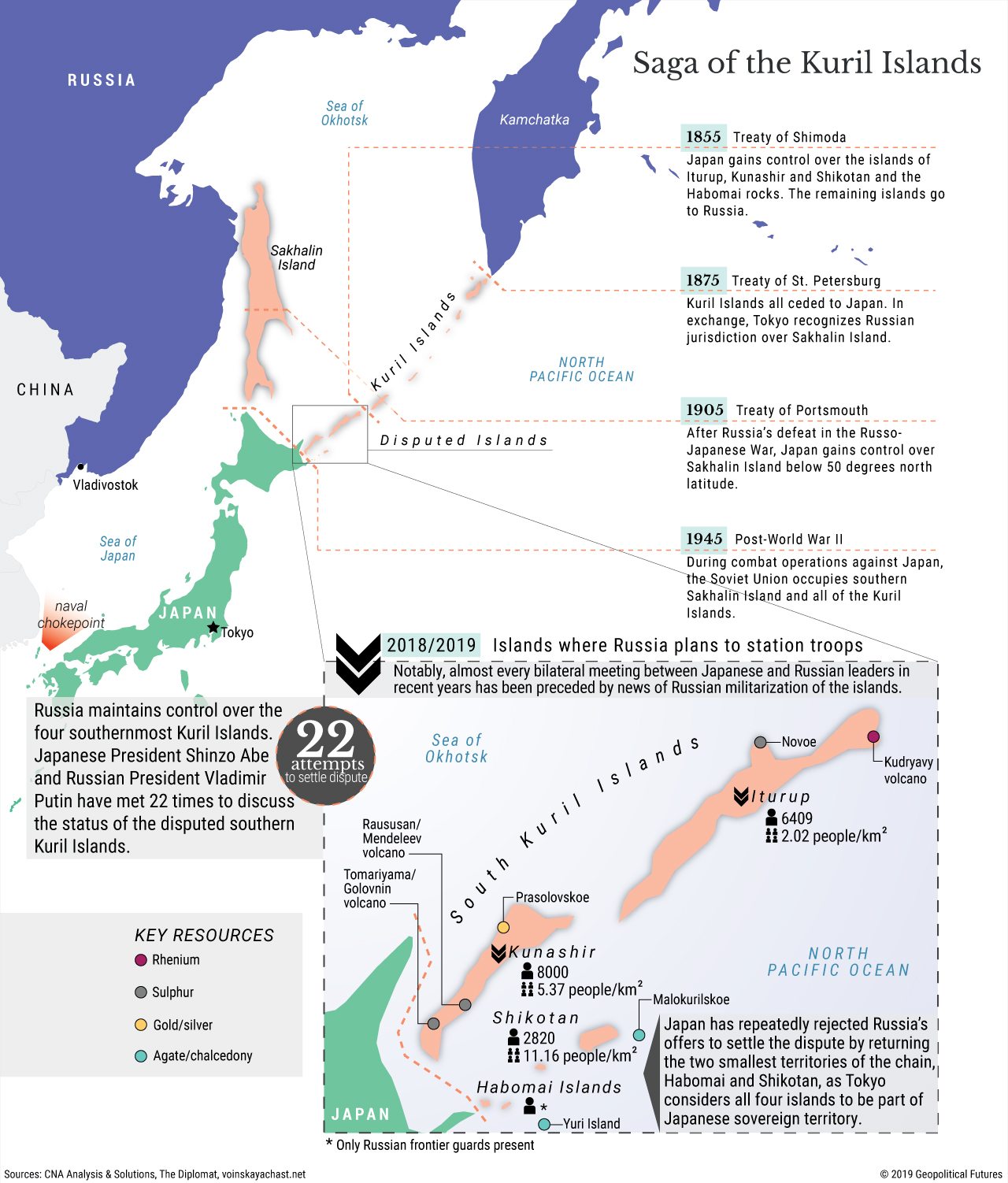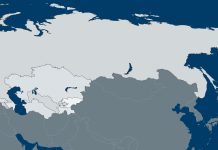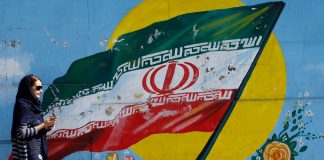It’s been more than 70 years, but Russia and Japan still haven’t worked out a peace treaty over World War II, thanks to the Kuril Islands. The Russian and Japanese foreign ministers met in Moscow on Jan. 14 to discuss concluding a treaty on the disputed islands that’s been in the works since 1956. Japanese Prime Minister Shinzo Abe and Russian President Vladimir Putin agreed last fall to tackle the issue, but with no guarantees. Negotiations have yet to produce any changes, and Tokyo and Moscow still have significant differences over the treaty.
According to the Soviet-Japanese Joint Declaration of 1956, Moscow would discuss transferring the islands of Shikotan and Habomai to Japan, contingent on the signing of a peace treaty over World War II. Japan, however, will consider signing such a treaty with Russia only once territorial issues are resolved. Today, Tokyo insists on the return of Iturup, Kunashir and Shikotan islands, along with the Habomai archipelago, to Japanese control. These islands’ position enables Russia to claim the Sea of Okhotsk as internal waters, and Moscow continues to demand that Tokyo recognize its claim to them. Russia refuses to discuss the sovereignty of the Kuril Islands, since transferring the contested islands – Iturup and Kunashir, in particular – would undermine its position in the Far East.







 The Geopolitics of the American President
The Geopolitics of the American President